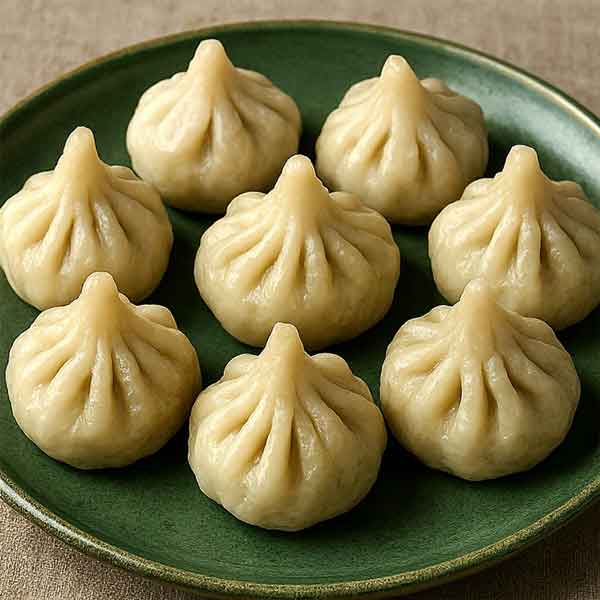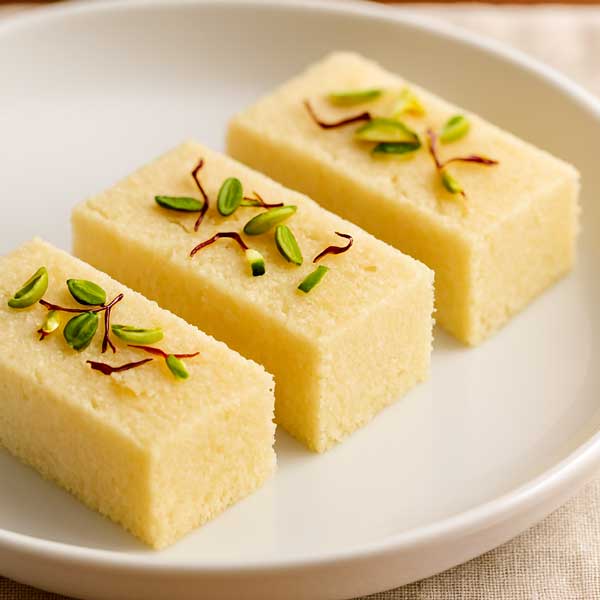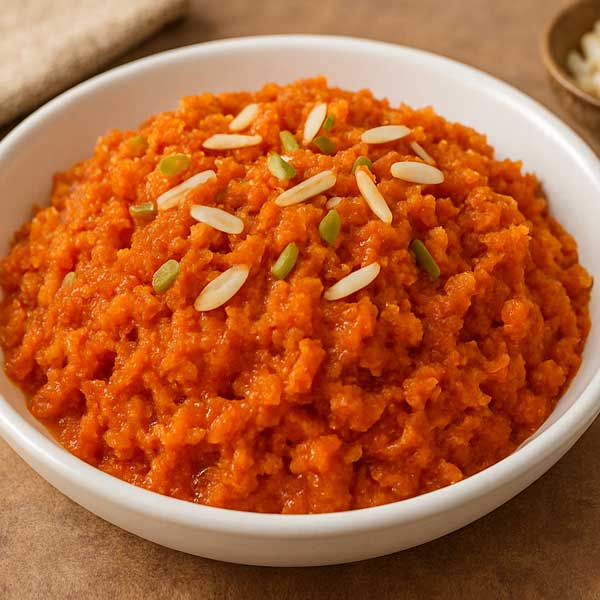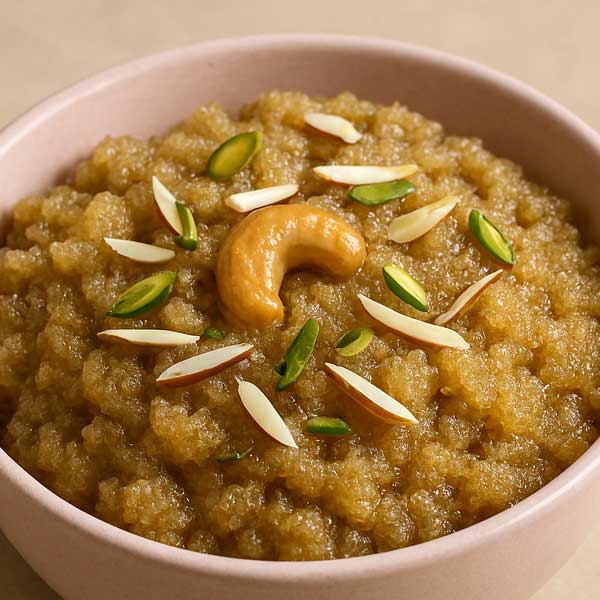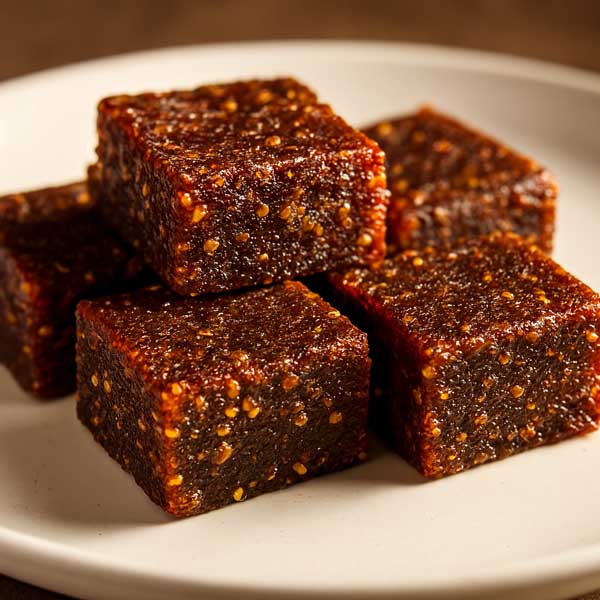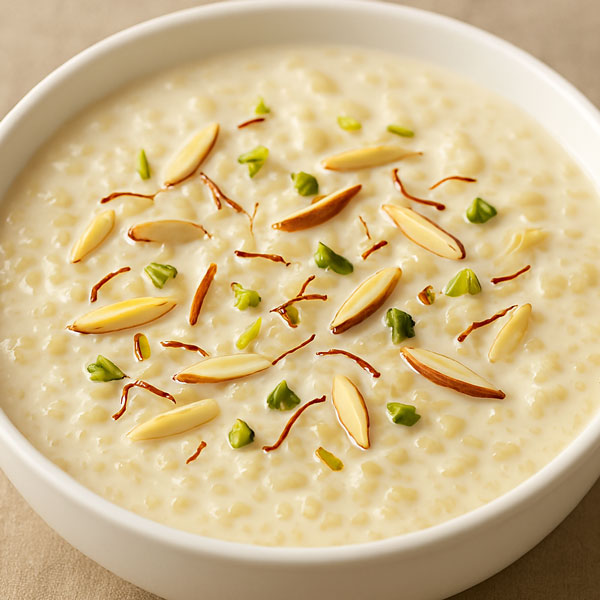Jalebi Recipe (Crispy Indian Sweet)
Golden, crispy, and soaked in fragrant sugar syrup, jalebi is one of the most beloved Indian sweets. This traditional jalebi recipe makes perfectly crunchy spirals with a juicy, syrupy center that melts in your mouth. Jalebi is often enjoyed during festivals, weddings, and special occasions. Made from a fermented batter of maida (all-purpose flour) and yogurt, then fried in ghee or oil and dipped in saffron-infused sugar syrup, jalebi has a unique balance of crispiness and sweetness. Whether served piping hot with rabri in North India or as a breakfast treat or festive dessert with samosas and kachoris, this homemade jalebi recipe brings authentic street-style flavor to your kitchen.
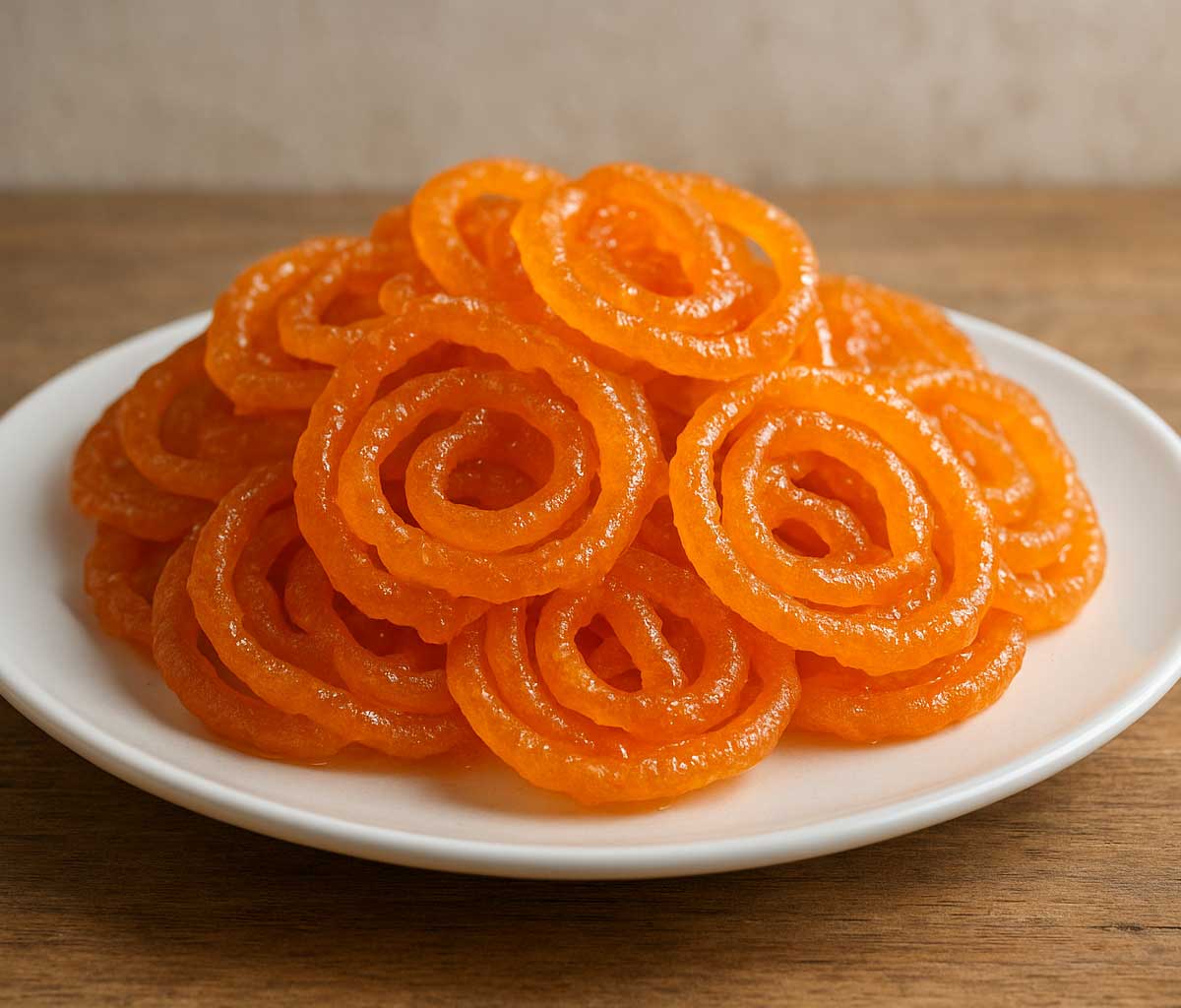
Ingredients and Substitutes
- All-purpose flour (maida): I use maida because it gives jalebi its light, crisp texture. You can also mix in a little semolina for extra crunch.
- Yogurt: Helps with fermentation and adds a slight tang. You can also use Greek yogurt or homemade dahi.
- Cornflour: I add cornflour to make the jalebi more crispy. Rice flour works well if that’s what you have.
- Baking powder: Helps the batter puff up slightly. I use a little baking powder so the batter puffs slightly. You can also use a pinch of baking soda.
- Water: I add water gradually to get a smooth, pourable batter. You can adjust the amount depending on how thick you want it.
- Orange food color: I sometimes use turmeric for a natural yellow tint. You can also use yellow food coloring for a brighter look.
- Sugar: The base of the syrup that soaks into the jalebi, making it juicy. I use regular white sugar for the syrup so the jalebi turns out juicy and sweet.
- Cardamom powder: I like adding cardamom for a warm, aromatic flavor. You can also use rose water if you prefer.
- Saffron strands: I use saffron to give the syrup a rich aroma and golden color. You can also add saffron essence or a little food coloring instead.
- Lemon juice: I always add a little lemon juice, it keeps the syrup from crystallizing.
- Ghee or oil: I prefer frying in ghee for the richest flavor. You can also use neutral oil for a lighter taste.
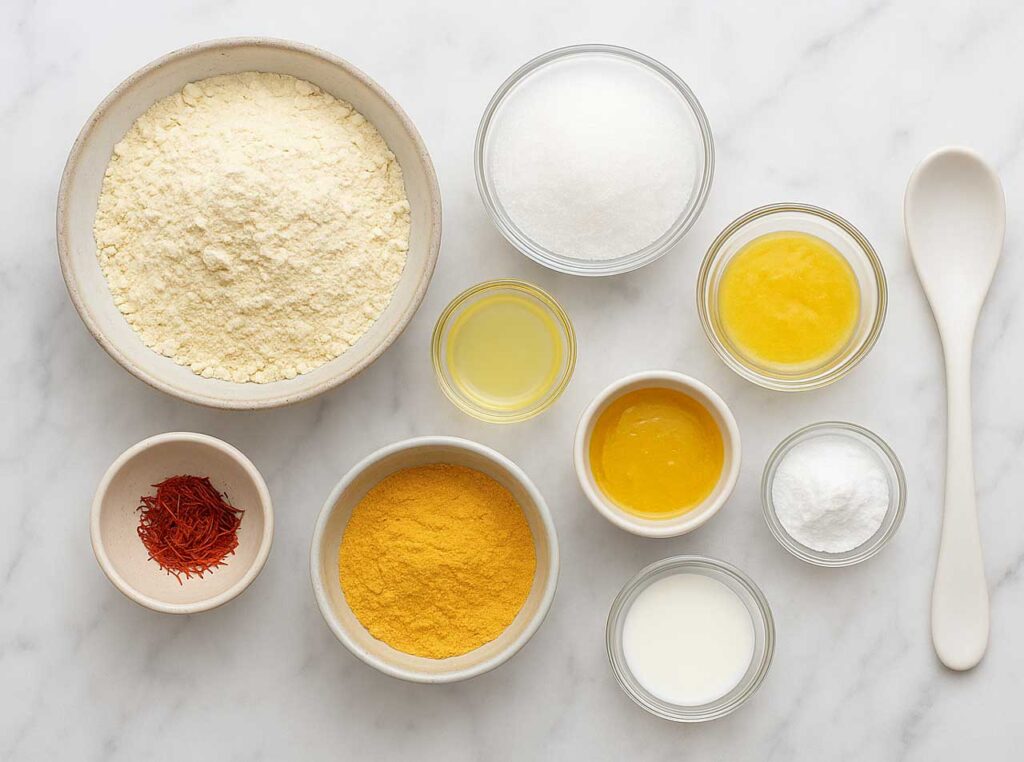
How to make Jalebi at home (Recipe Steps)
1. Start by mixing maida (all-purpose flour), cornflour, baking powder, and a pinch of orange food color in a bowl. Gradually add yogurt (curd) and water, whisking well until the jalebi batter is smooth and thick. Cover and let it rest for several hours to ferment, which gives jalebi its slight tangy flavor.
2. Meanwhile, prepare the sugar syrup (chashni) by boiling sugar and water until it reaches a one-string consistency. Stir in saffron, cardamom powder, and lemon juice for flavor and to prevent crystallization. Keep the syrup warm.
3. Once fermented, check the batter consistency, it should flow easily from a piping bag but still be thick enough to hold shape. Add a little water if needed.
4. Heat ghee or refined oil in a wide pan on medium flame. Pour the batter into a squeeze bottle or piping bag with a small nozzle and pipe spiral shapes directly into the hot oil, just like the ones sold in Indian street food stalls. Fry until golden, crisp, and bubbly.
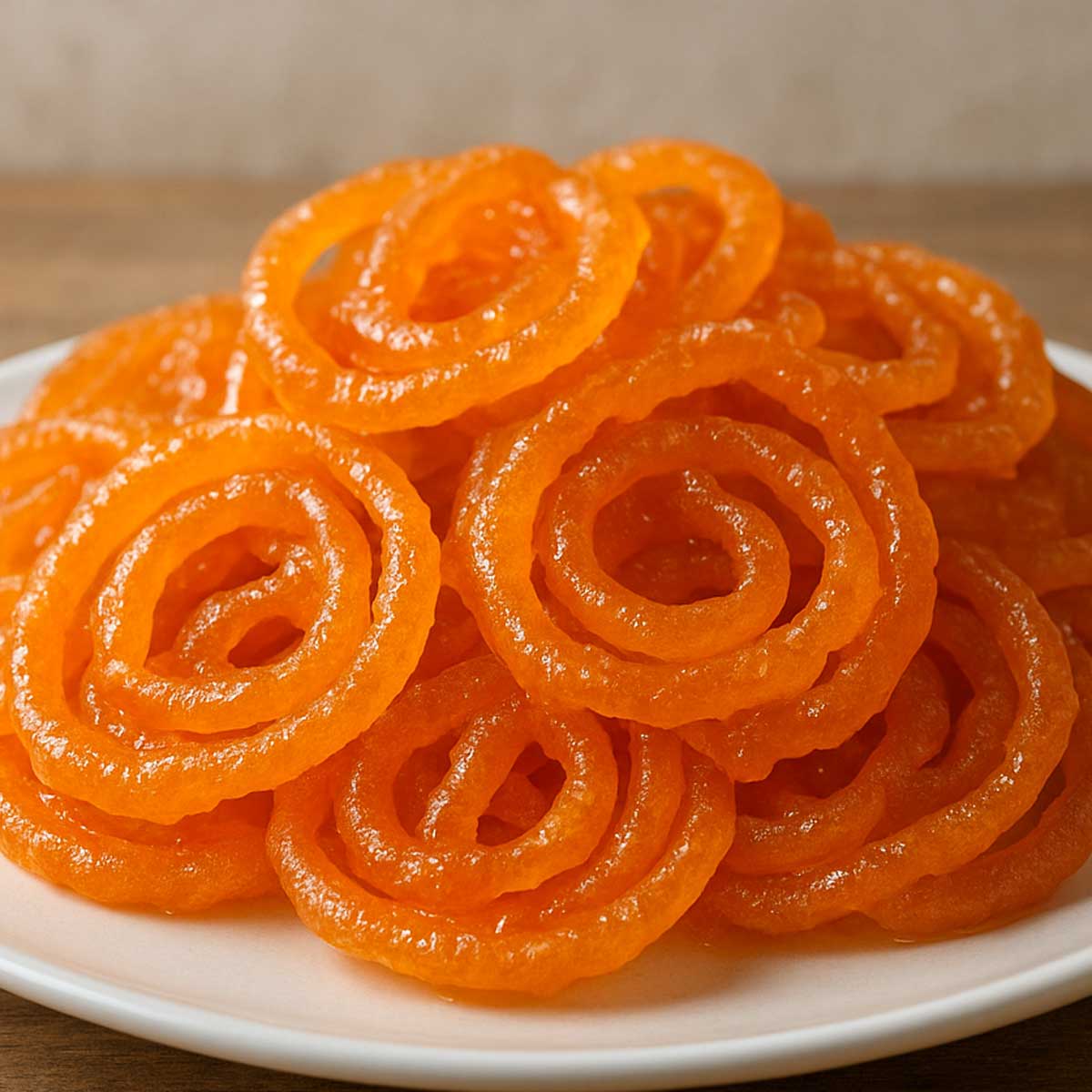
5. Transfer the hot jalebis immediately into the warm sugar syrup, letting them soak for 30–40 seconds so they absorb the sweetness while staying crunchy. Serve hot and crispy jalebis, either plain or with a drizzle of rabri for extra indulgence.
Serving Suggestions
Freshly fried jalebis taste best when eaten warm, straight out of the syrup. In North India, they’re often paired with creamy rabri for a rich dessert experience. Many also enjoy them with a hot cup of masala chai for breakfast.
In some regions, jalebi is served alongside savory items like fafda or poha, creating a sweet-and-salty flavor combination that’s perfect for festive mornings.
Frequently asked questions
Jalebi is made from a fermented batter of all-purpose flour (maida), yogurt, and a little cornflour, fried into spiral shapes and soaked in sugar syrup flavored with saffron and cardamom.
Good jalebi should be crisp on the outside and juicy on the inside. The key is frying at the right temperature and soaking briefly in warm syrup.
Keep jalebi uncovered at room temperature for a few hours. Avoid storing in airtight containers, as trapped moisture makes them soggy.
Jalebi is made from maida and has a fine, crisp texture, while imarti is made from urad dal batter and has a denser, more floral shape.
Yes, an instant jalebi can be made by adding a little baking soda to the batter just before frying. It won’t have the same tangy flavor as traditional fermented jalebi but will still be tasty.
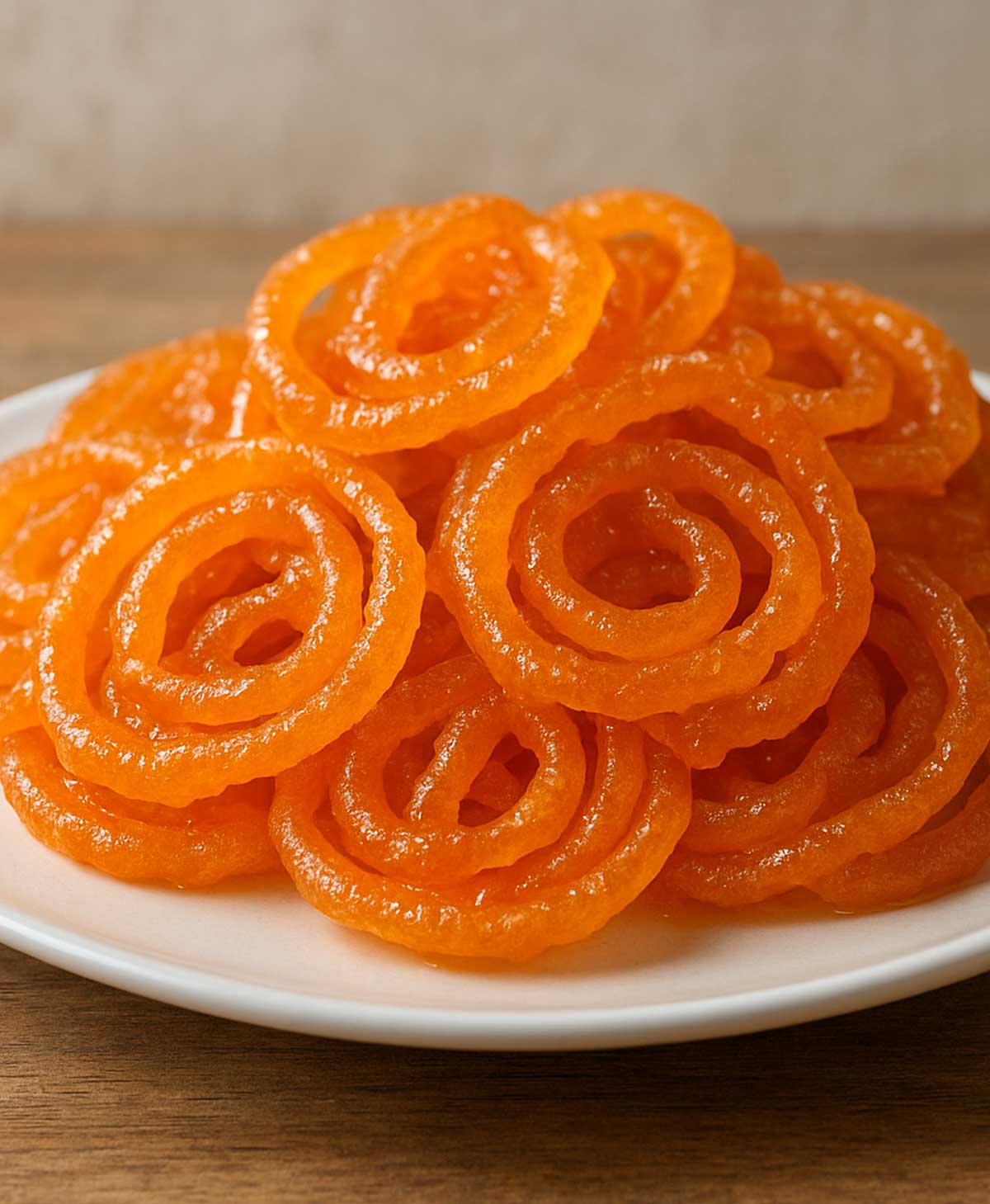
Recipe Card
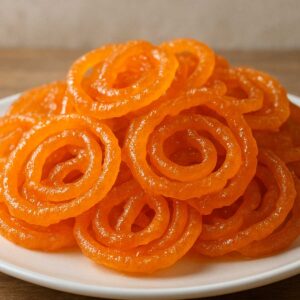
Jalebi Recipe (Crispy)
Equipment
- 1 Mixing bowl
- 1 Whisk
- 1 Squeeze bottle or piping bag with small nozzle
- 1 Wide frying pan
- 1 Wide frying pan
Ingredients
- 1 cup all-purpose flour maida – gives light, crisp texture
- 2 tablespoons cornflour – adds crispiness
- ½ teaspoon baking powder – helps puff slightly
- ¼ teaspoon turmeric powder – natural color
- ½ cup yogurt – aids fermentation and adds tang
- ½ cup water adjust as needed – to make smooth batter
- 1 cup sugar – for syrup
- ½ cup water – for syrup
- ½ teaspoon cardamom powder – warm aromatic flavor
- Few saffron strands – for color and aroma
- ½ teaspoon lemon juice – prevents crystallization
- Ghee or neutral oil – for frying
Instructions
- Mix maida, cornflour, baking powder, and turmeric in a bowl.
- Add yogurt and water gradually, whisking into a smooth batter.
- Cover and let the batter ferment for 8 hours or overnight.
- For the syrup, heat sugar and water until one-string consistency.
- Add cardamom powder, saffron, and lemon juice. Keep warm.
- Check batter consistency—it should flow from a piping bag but hold shape.
- Heat ghee or oil in a pan over medium heat.
- Pipe spirals of batter into hot oil and fry until golden and crisp.
- Transfer to warm sugar syrup, soak for 30–40 seconds.
- Serve hot, plain, or with rabri.
Notes
- Fry on medium heat for even cooking and crispiness.
- Instant jalebi can be made by skipping fermentation and adding a pinch of baking soda before frying.
- For a South Indian twist, add rose water to the sugar syrup.

